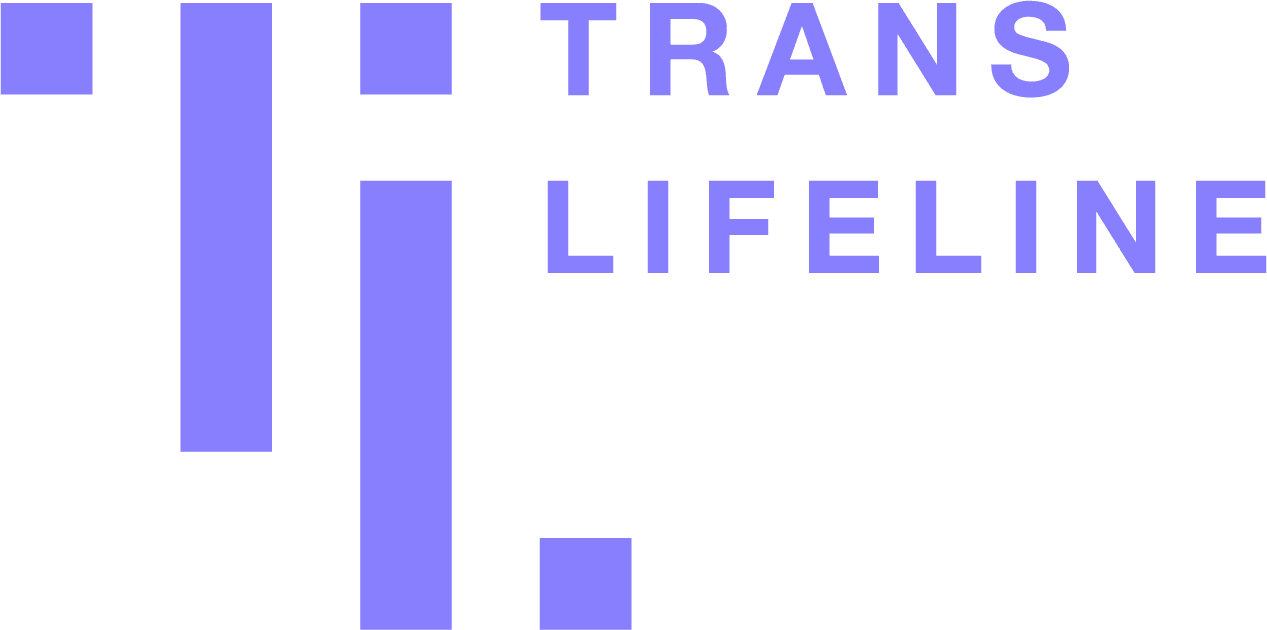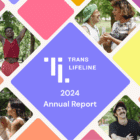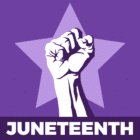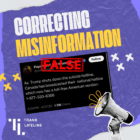Álvaro Gamio Cuervo talks Spanish Language Services and the Future of the Hotline.
Álvaro Gamio Cuervo talks Spanish Language Services and the Future of the Hotline.
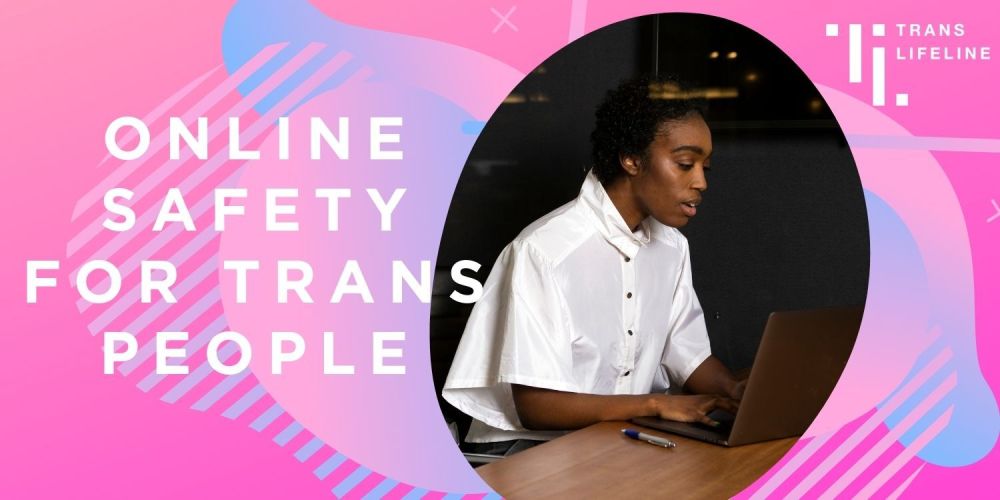
11/11/2019
This blog post is part of a series of interviews in which we invite you to learn more about our Hotline work from the perspective of our operators. In order to meet increased need for our services around the holidays we’re trying to raise $75,000 by 11/26/2019. Thanks to a matching gift, every dollar you give between now and then will be doubled! Donate now or read on to be inspired by our operator Álvaro Gamio Cuervo.
Tell us a little about your backstory, who you are and what identities you bring to the Hotline:
My name is Álvaro Gamio Cuervo and I use they/them pronouns. I didn’t always know I was trans, in part due to language barriers. A lot of how we talk about transness in this society comes from mostly white academics. Gender non-conformity is in everything you do when you come from different background. Yet, the trans people I knew growing up weren’t out in my community. That’s a choice they made, oftentimes a strategic way to survive. Why should you come out when you are already facing so much marginalization?
When I got to college I met the first out trans person I knew and then I wanted to be out 24/7. As a person who is Latinx and mixed-race, the trans community on campus felt very white and mainstream U.S. Once I started trying to transition, I started experiencing barriers around race and how people were trying to read me.
It can be difficult to pass as masculine because people see me as a Latina stereotype. Class and language comes up a lot. Among family and friends people make mistakes a lot, but English is also not their first language. I think a lot about how we can acknowledge harm and oppression among people that haven’t been given access to academic language or resources in terms of social support around transition. How can we center folks who are working class?
I’m getting my masters degree in social work to help develop critical skills to answer these questions. Because of my access to education and other resources, I feel secure in my position which is why I wanted to give back by helping out on the Hotline.
You’re leading the Hotline’s efforts to develop Spanish language services. What does your work look like and what are your goals with this program?
I spend a lot of time trying to better resource the staff we already have. That means meeting with folks 1:1 to practice spanish language, answer their questions, and having conversations about trans stuff in Spanish with people. In the next couple of weeks I’m trying to finish up a translation chart that will help people with common phrases.I’m also working on recruitment, I want a handful of people that are native speakers or fluent. I really want to bring people who have a new perspective. A lot of calls that we’re receiving are coming from trans women asylum seekers, and I’d love to have people who have gone through that life experience answering calls on the hotline. We’re working hard to get the word out that we’re doing this and that Trans Lifeline is up and coming in its services to the community.
What type of calls have moved you the most?
Three types of calls really stay with me:
- Bilingual calls: Many of us have read about what folks are going through with deportation, but talking to someone on the phone is a completely different experience. Talking to another person who is going through unimaginable things as they travel from another country to the U.S., is powerful and overwhelming. Sometimes it feels really helpless answering those.
- Heartfelt calls: On the Hotline we use a tagging system to track different trends in calls and one of those tags is “wholesome.” Those are calls like a young person saying “ I just figured out who I am, and I’m super excited but scared.” When I came out I didn’t have someone to process with and now I get to be there for someone who is going through a similar thing.
- Suicidal calls: These are folks who are close to making plans or have them. Sometimes these calls it can be short when they get scared or they can be really long. It’s hard to live in a world that’s not ready for us and wants us dead. Here at Trans Lifeline, we aren’t scared of suicide and we also don’t call the police on callers and that lets us ask questions about how people are thinking about it in a way that other Hotlines can’t.
I want to talk a little bit more about our no non-consensual active rescue policy that you just mentioned. Many people don’t understand how we engage with someone who is actively suicidal without calling the police. What’s that like as an operator?
You know, I think people have really limited imagination about how to help people. Folks rely on systems like the police to respond because they can’t envision anything past those systems. I get it, I was confused about it too because it’s not what they teach us in school. It’s really hard if someone hangs-up before we create a de-escalation plan together, but our no active rescue policy gets folks through the door. They trust us and they don’t feel comfortable reaching out to other hotlines because of this. You can tell, because sometime people don’t know about the policy and they skirt around how they’re feeling and then you tell them that we aren’t going to involve the authorities and then they open up and admit that they’re thinking about suicide. Doing preventative work like asking them how they feel in their body or sharing a skill like mediation isn’t possible if you aren’t actually meeting people where they are.
We’re raising $75,000 to help fund the Hotline by November 26. Why would you tell someone to give money to Trans Lifeline?
I would encourage it because I have so many reasons:
- You need to give money directly to folks impacted by transphobia. We’re trans led and staffed, your money is helping trans callers, it’s also giving a trans person a job, and empowering the community. If you are cis, you should reallocate resources to help our communities.
- Giving money is suicide prevention. Like correctly naming someone is directly suciide prevention, this is too. Many of our people don’t have trans peers around them. When you give money to Trans Lifeline you are funding someone’s support system.
- Why do you have that money? What is it being saved and put aside for? I work on the Hotline because I believe we have an obligation to give back and help people. If you have access to money, you should be recycling it to people who need it.
What world do you want do you want to live in? What type of world are people helping build by giving to Trans Lifeline?
I want to see murders of Latina and black trans women stop. I want to see trans folks in power including places that aren’t trans of lgbt. I want to see less trans folks killing themselves. I want to see transition be accessible, deadnaming to be seen as active violence, I want there to be restorative justice for our loved ones who are trying but still mess up, I want to see institutional support for trans people without surveillance and policing. I want to see trans folks living and thriving well past 30 and 40. I want a quality of life like cis folks, not to erase how we are different, but to allow us to live fully without fear of violence.
